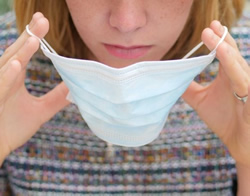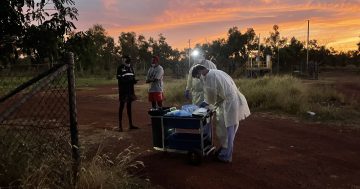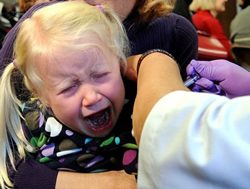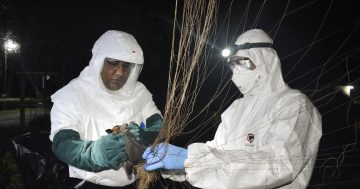 As the ACT faces another wave of COVID-19, ACT Health has reduced the reinfection period for people who have had COVID-19 from 12 weeks to 28 days.
As the ACT faces another wave of COVID-19, ACT Health has reduced the reinfection period for people who have had COVID-19 from 12 weeks to 28 days.
Chief Health Officer Dr Kerryn Coleman called on Canberrans to step up their COVID Smart behaviours to help minimise the impact of increasing case numbers on the community.
“COVID-19 cases are expected to increase in coming weeks and Canberrans should take steps to help reduce the spread and lessen the impact of COVID-19,” Dr Coleman said
“Being up to date with your vaccinations, staying home and getting tested if you have symptoms, and being prepared for a possible COVID-19 infection are all steps you can take to help reduce the impact of this new wave of COVID-19,” she said.
“Daily COVID-19 case numbers are not expected to peak until late July or early August, during which time the ACT could see more than 2,000 or even 3,000 cases a day.”
Dr Coleman said the new wave of COVID-19 was being driven by the rise of the BA.4 and BA.5 Omicron subvariants, which were quickly overtaking previous subvariants.
She said the subvariants were ‘escaping’ some of the immune defences that people had developed to COVID-19, making them more transmissible.
“This means that you can be reinfected with the virus as early as 28 days after a previous COVID-19 infection,” Dr Coleman said.
“People who test positive outside of the 28-day period will now be treated as new cases.”
She said the reduced reinfection period reflected increasing evidence that prior infection with COVID-19 provided relatively limited protection against the Omicron BA.4/BA.5 sub-variants.
The Chief Health Officer said these sub-variants were expected to become Australia’s dominant strain in July.
Dr Coleman said the Australian Technical Advisory Group on Immunisation had updated its guidance on COVID-19 winter booster doses, now recommending them for anyone 50 years or older and making them available to anyone 30 years or older.
She said the winter doses could now be given three months after the first booster dose, down from four months.











